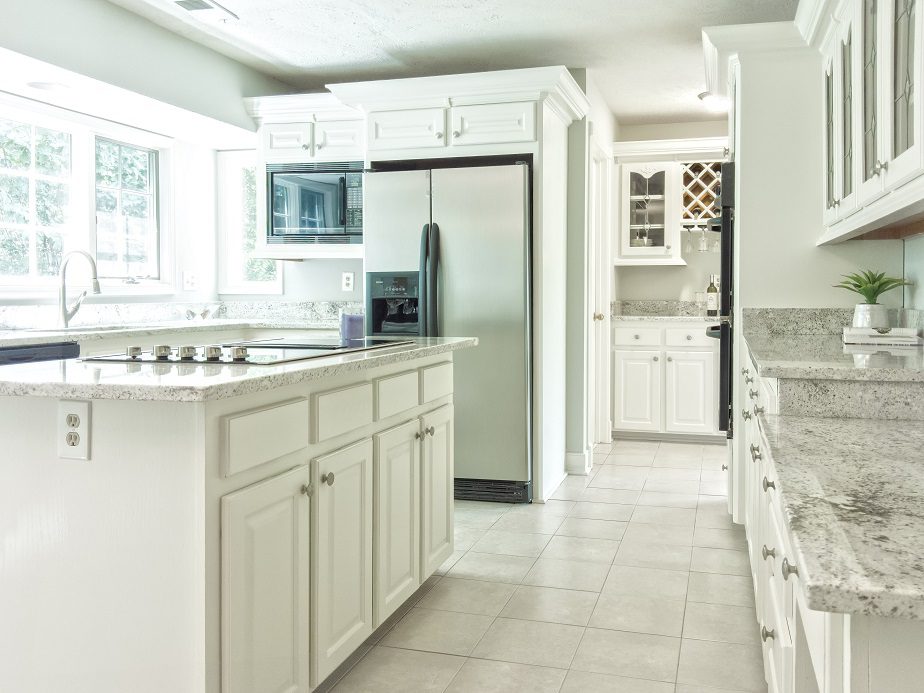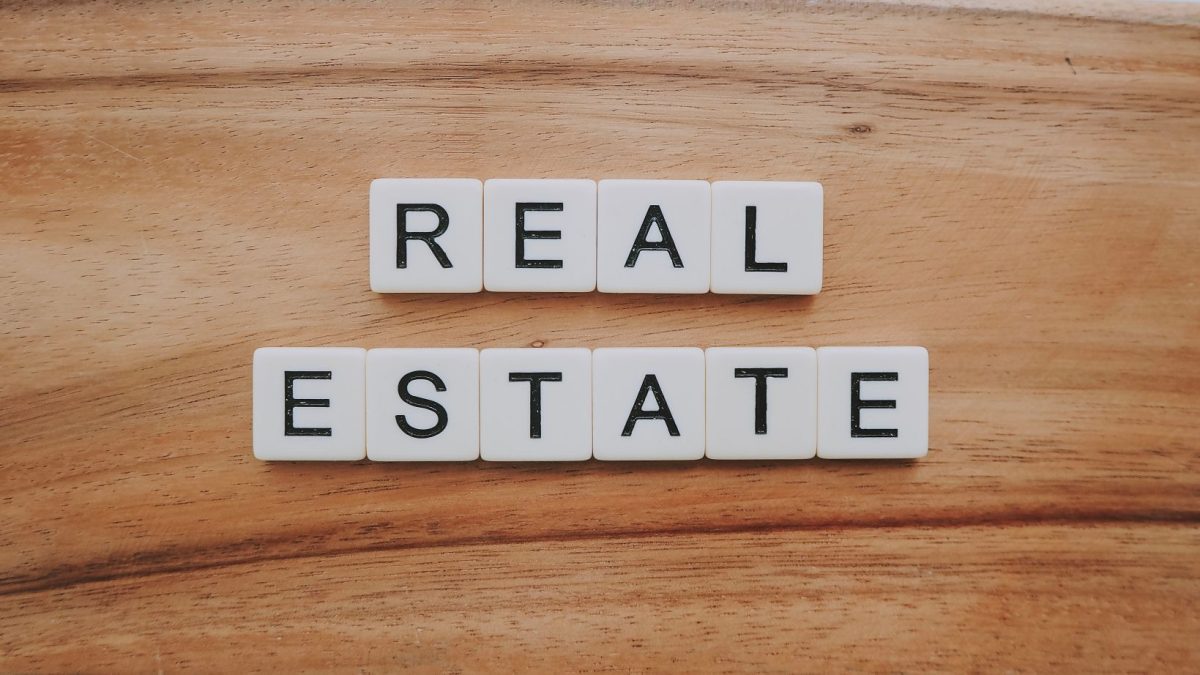There are a number of preconceived notions that home buyers and sellers often believe about the real estate industry and the sale transaction, and whilst some may be founded on fact, others are very far from the truth.
So says Steve Thomas, Secure Estate Specialist team for Lew Geffen, Sotheby’s International Realty in Cape Town’s Southern Suburbs, adding that, as with all myths, most preconceived ideas are largely anecdotal and easily perpetuated.
“A myth can be defined as ‘any invented story, idea, or concept’ and that is exactly what many of the misconceptions about our industry are; notions that have become entrenched through their retelling over time.
“And although some of these tall tales may be harmless, others can severely hamper a buyer’s or seller’s success and can easily lead to errors in judgement which can prove costly, both in time and money.”
Below, Thomas addresses the most common misconceptions, explaining the potential pitfalls of adhering to them and clarifying the facts:
1. Overpricing a home result in achieving a higher sale price
When potential buyers begin their search for a new home, it’s usually online and they will filter their search to select properties that suit their needs and are within their budget range. In other words, they comparison shop, and compare all the similar properties in their preferred areas.
And the homes that usually make it onto shortlists are those which not only tick the most boxes but also offer the best value for money. This is especially true in a buyer’s market where investors are spoilt for choice and an overpriced property can easily be ignored.
So not only will it take longer to sell, buyers will notice that your property has been on the market for some time and will begin to wonder what’s wrong with it. You may eventually end up selling for less than you would have had you entered the market with a realistic price.
I cannot emphasise this enough, especially in the current market – correctly pricing a home within its market is key to realising a quick sale at the best possible price.
2. A quick offer means the property was priced too low
Having one’s home on the market is at best an inconvenience and often downright disruptive as it has to be kept neat and tidy and ready to view at all times. And potential buyers will often want to view at an awkward time, like in the evenings when it’s dinner time and bath time for the kids.
Yet despite the disruption, it’s not uncommon for buyers to be less than thrilled when they receive an offer very soon after listing and to start questioning the agent’s valuation and wonder if they are being short-changed.
However, in most cases, it’s in fact quite the opposite. After extensive comparison shopping online, serious buyers will have seen everything that’s for sale in the area and have a good idea of pricing, so when they see a new listing that meets their needs and is priced right, they’ll immediately enquire and request a viewing.
3. Open houses are essential to selling your home
Back in the day when the only way to advertise a property was in the weekend newspapers with just one grainy photo and a brief description and the only way to view it was in person, open houses were essential.
However, with digital technology now allowing us to advertise homes in much more detail with multiple photos and even virtual walk-throughs, most serious buyers will compile a shortlist after an online search before contact the agents to view by appointment.
And, although it’s certainly not impossible to make a sale at an open house, it’s becoming increasingly rare as they generally attract nosy neighbours, those with nothing else to do on Sunday afternoons and people who are thinking of possibly buying but ‘just looking’ for now.
4. Agents will say and do anything to close a deal
It’s certainly true that the most successful agents are those with a gift of the gab and a talent for selling; those who are able to highlight the best features of a property and help prospective buyers visualise living there. And, yes, this enthusiasm can be misinterpreted by some.
And, like in any industry, there will always be a few charlatans trying their luck, but they are very few and far between and don’t last very long, especially in reputable, established agencies.
Not only are agents held to a very strict code of conduct with a multitude of rules and regulations with which to comply, but they also rely heavily on referral and word-of-mouth business as well as repeat business and those who are less than ethical and professional will soon fall by the wayside.
That said, in an “open mandate” scenario where several agents are competing to sell the same property, most agents would be keen to close the deal before his or her competitors, and whilst most will still strive for the best price, they may not push as hard as they could for fear of losing the sale.
5. The real estate agent offering the lowest commission is the best option
Yes, times are tough and it’s understandable that many buyers want to negotiate the commission rate and most agents will oblige. However, if an agent offers to significantly reduce their commission upfront, it should be regarded as a red flag.
It takes many long hours of work over several months to sell a home from listing to transfer, requiring a comprehensive marketing plan, reams of paperwork, and a thorough understanding of the financial and legal aspects of the transaction.
Furthermore, a good agent will negotiate on your behalf to achieve the best possible sale price and will strive to protect your interests at every point. In other words, they earn their commission and they know their worth, and are unlikely to slash 50% off the rate.
So, when an agent is quick to discount their commission by a significant amount or to use a low commission rate as their sales pitch in order to get the business, there is a good chance that the buyer loses rather than gains. Will there also be a reduced marketing budget – and how quickly he/she will settle on a sale price during negotiations just to close the deal?
We also often see poor competition from the heavily discounted agencies where an agent simply isn’t motivated to perform. Remember that from the agent’s commission, there are franchise fees, PA and referral commissions as well as marketing costs to cover which can leave very little at the end of the day.
6. You can completely rely on online valuations
The internet has revolutionised the way in which we live and work and the convenience of instant access to information has transformed most industries, including the real estate sector.
But, although some things, like the initial search for a new home, can confidently be done online, the human element is still critical in other steps in the sale/purchase process.
This is especially true when it comes to property valuations and pricing. If you are thinking of selling and looking for an approximate estimate of the value of your property, then popping online is a quick and easy solution.
However, once you decide to sell, an accurate, market-related valuation is critical and none will be more accurate than those compiled by an experienced agent with a solid track record of local sales and a thorough knowledge of the market in your area.
7. Home improvements pay for themselves
Whilst certain upgrades and improvements can significantly increase the value of a property, not all improvements are equal and there is a very real possibility of over-capitalising.
It’s therefore essential to do your homework and the first step is to establish the current value of your home as well as property prices in your area as neighbourhoods generally have a ceiling value – the threshold up to which buyers and renters are willing to pay.
Also, take the time to find out what trends and home features are most popular and those which are considered undesirable.
8. A home doesn’t need to be prepped for sale – it will sell itself
The truth is that even a brand-new build that has never been lived in will attract more interest if staged with furniture. And no matter how stunning a home may be architecturally; it still needs to be cleared of clutter personal effects so that prospective buyers can more easily imagine themselves living in the space.
It’s not necessary to spend a fortune on major upgrades, but there are few properties that wouldn’t benefit from a fresh coat of paint, having the garden tidied and a vase of fragrant flowers placed in the entrance hall.
Thomas concludes: “It’s important to remember that the decision to buy a home is not only a financial one; it’s strongly influenced by emotion and it’s therefore essential to engage buyers emotionally by highlighting your home’s best features and making it as appealing as possible.”
Original Article: https://www.myproperty.co.za/news/market-and-opinion/debunking-common-real-estate-myths-28-06-21









